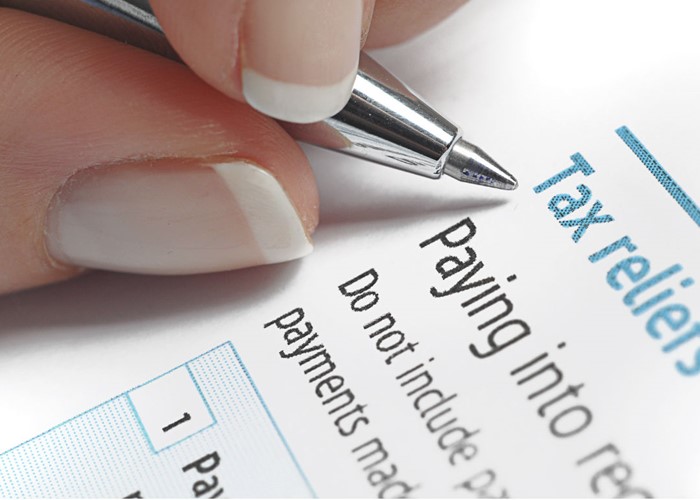Why guarantor loans are dangerous

We all want to help our friends and family in times of need. But is a guarantor loan the answer? Or will it just make things worse?
We all want to help those close to us and sometimes that means one thing: money. Family and friends can get themselves into tight financial spots that mean they need to turn to others for assistance.
If you’re in a better position and have the means to help this can be one of the great joys of having cash at the ready.
A guarantor is nothing new
Recently we’ve come across companies offering loans that play on our need to help those closest to us.
The services these companies offer are guarantor loans. These are nothing new; banks and lending organisations have been asking for some loans to be guaranteed for years.
The difference between the old guarantor loans and these new ones is that the focus has shifted from the person who’s taking out the loan to the guarantor. The actual customer is secondary - it’s the guarantor that these companies are interested in.
Homeowners are sought as guarantors
It’s true that many of these companies operate at the low end of the market. If your credit rating is shot, it’s often difficult to get substantial credit anywhere else. If you put yourself in the position of those needing the money, these deals can sometimes seem like a good idea. Rather than borrow from a relative, you’re only asking the relative to add their signature to a loan that you fully intend to repay.
Credit ratings can be adversely affected by all manner of short term problems and if you’re sure you can repay the loan without any impact on the guarantor, these loans might not seem like a bad idea to those who need money fast.
Often these companies carry out NO credit check on the person who applies for the loan - the only credit check is carried out on the person offering the guarantee.
It’s when the person who took out the loan cannot pay that trouble for the guarantor will begin.
Debt collection procedures
If a guarantor loan isn’t repaid, the company will start normal debt collection procedures. They’ll chase the person who took out the loan and if this doesn’t prove fruitful they’ll then chase the guarantor, who’ll be held responsible for the whole debt.
This sort of collections action, particularly if you’re the guarantor, can be shocking.
We often come across cases where the guarantor wasn’t even aware that the loan had been defaulted on. The guarantor can expect to be contacted by phone frequently and often by threatening letter, spelling out possible actions the loan company may take against them. Depending on the situation the company could also take further legal action.
The consequences of being a guarantor
The sad thing about guarantor loans is that we often hear how they have caused rifts in families and disputes between long-standing friends. As such, you should only guarantee a loan if you are fully prepared to repay the entire sum should things not work out.
Importantly, if you can afford to repay the sum borrowed we’d suggest you loan the money directly to the person needing it and come to some arrangement around repayment, rather than be act as a guarantor to some third party loan company.
Debt help
If a friend or relative is asking you to be a guarantor it might be worth sitting down with them and spending twenty minutes running through our online debt advice tool Debt Remedy. If a problem with debt already exists offering to be a guarantor may only make the situation worse, for you and for them.
More on debt:
Healthy food and a healthy bank balance: you can have both
The dangers of multiple payday loans
Overdrafts: the debt problem you didn't realise you had
New laws mean credit card debt can affect your mortgage
Budgeting was easier when we were paid weekly
Why a 0% credit card could mean 100% trouble
Losing your job isn’t the only cause of middle age debt
Comments
Be the first to comment
Do you want to comment on this article? You need to be signed in for this feature